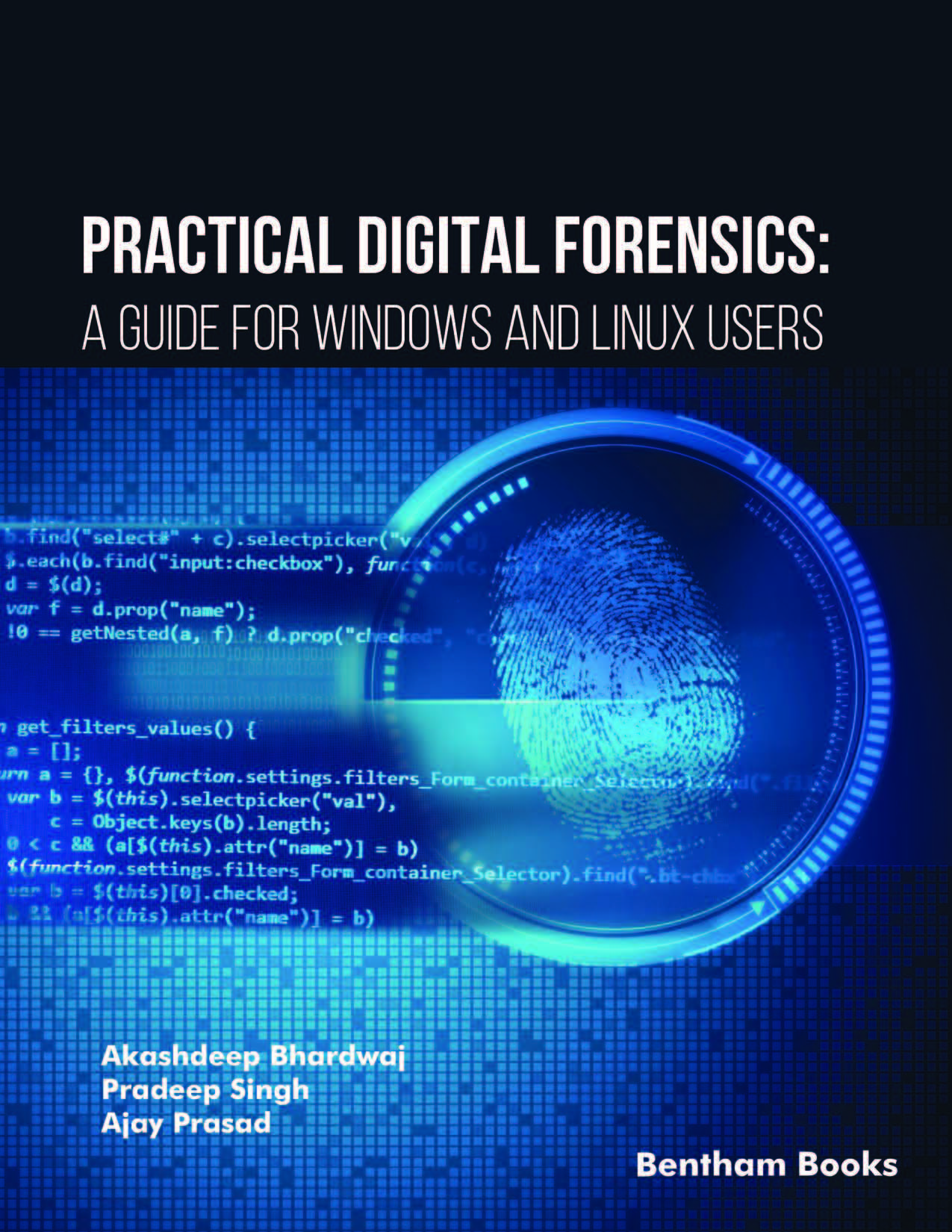Preface
Welcome to the ever-expanding world of digital forensics! In our increasingly digital age, evidence often resides not in physical objects but in the intricate pathways of computers and networks. This book, “Practical Digital Forensics: A Hands-on Guide for Windows & Linux Users”, aims to equip you with the knowledge and skills necessary to navigate this complex digital landscape.
Whether you are a seasoned investigator, a burgeoning cybersecurity professional, or simply someone with a keen interest in digital forensics, this book provides a comprehensive yet accessible introduction to the field. We will delve into the core principles and methodologies that underpin digital forensics, ensuring you understand the foundation before diving into the practical aspects.
This book is specifically crafted for both Linux and Windows users. We will guide you through setting up a robust forensic lab environment on both operating systems, equipping you with the essential software tools and utilities needed for in-depth analysis. Throughout the journey, you will gain hands-on experience with critical forensic techniques, from acquiring volatile data and analysing file systems to dissecting Windows registries and investigating network traffic.
As technology evolves, so do the challenges faced by digital forensic investigators. We will explore advanced techniques for tackling web browser artifacts and delve into the ever-present threat of anti-forensic measures. This book equips you not only to uncover hidden evidence but also to document your findings and present them effectively in a court of law.
Finally, we will conclude by exploring the exciting advancements and emerging challenges within the field of digital forensics. By understanding the ever-changing landscape, you will be well-positioned to adapt your skills and stay ahead of the curve.
This book is designed to be an interactive learning experience. Each chapter builds upon the previous one, culminating in a well-rounded understanding of the entire digital forensics process. We encourage you to actively engage with the material, practice the presented techniques, and explore further resources to deepen your knowledge.
Get ready to embark on a thrilling journey into the world of digital forensics. With dedication and this book as your guide, you will be well on your way to becoming a skilled digital investigator, ready to uncover the truth hidden within the digital realm.
Akashdeep Bhardwaj
Pradeep Singh
&
Ajay Prasad
School of Computer Science
University of Petroleum and Energy Studies
Dehradun, India

